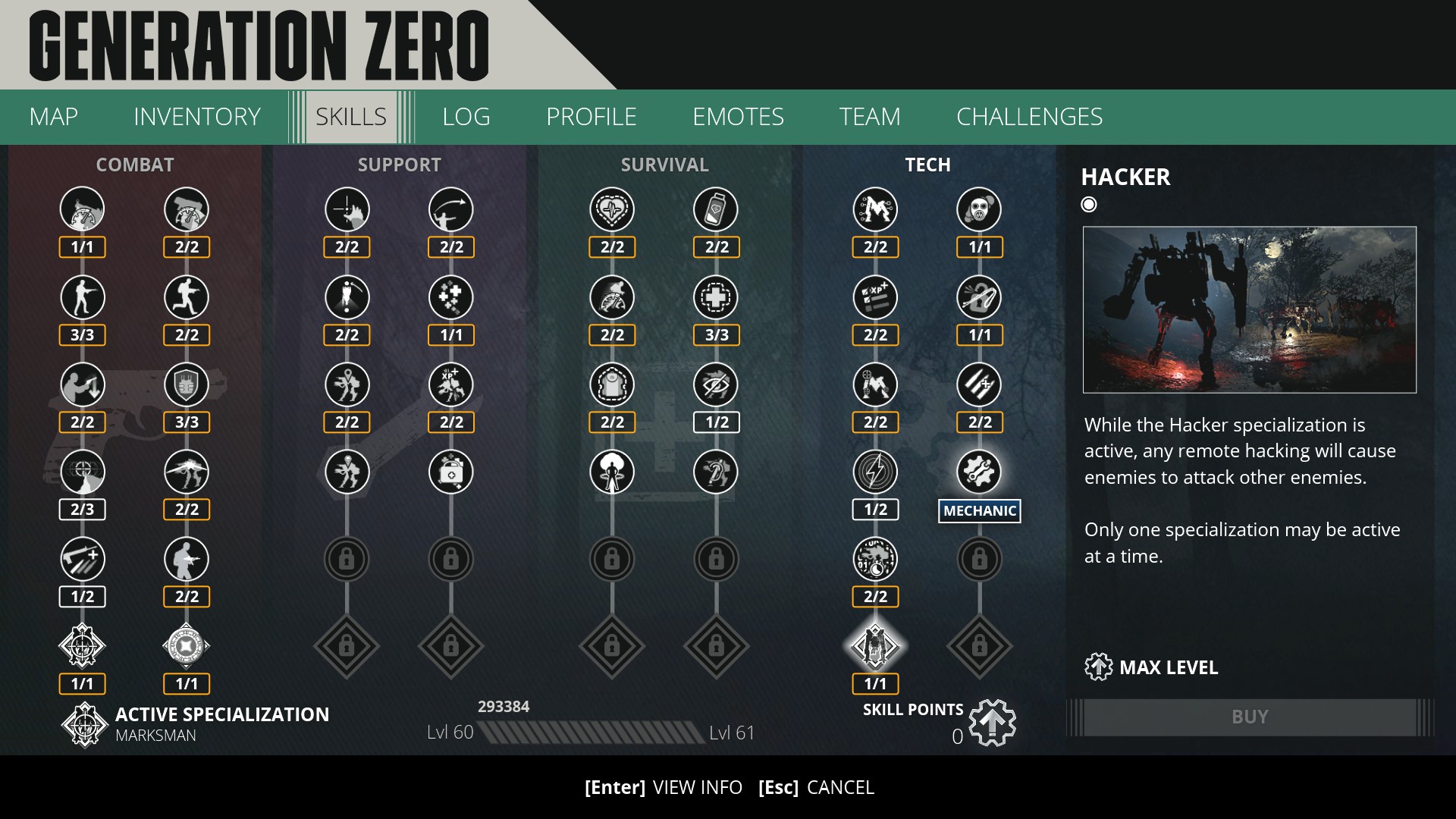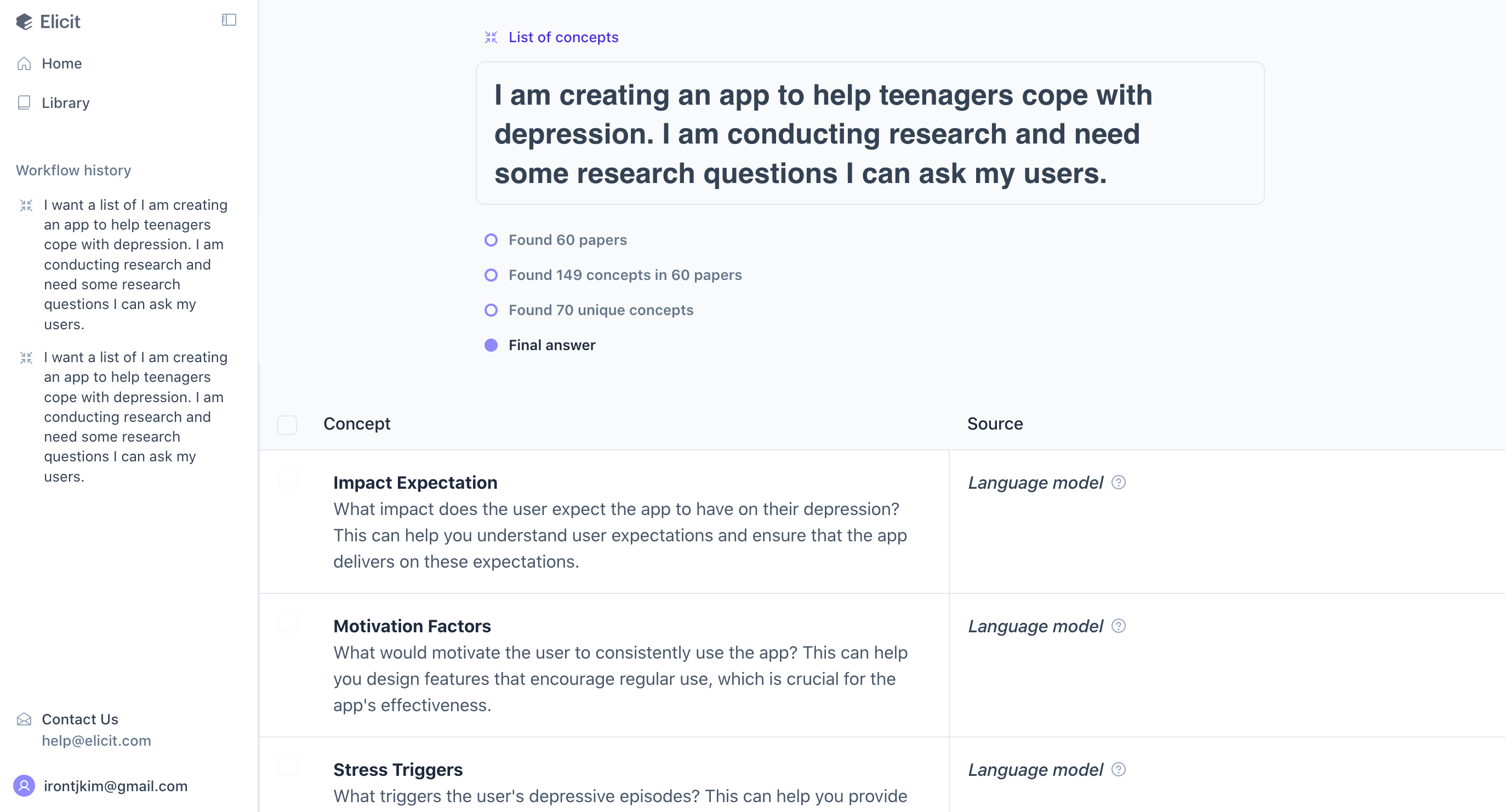Week 6: Topic Decision
Date: October 11, 2023
Reiterated: Milestone 1 & Milestone 2
Summary: The events of the last several weeks helped me converge upon a topic that hit my interests, goals, and aspirations
1. What did you accomplish last week?
On October 5th, I attended the NYU + StartEd showcase of professor's projects at 370 Jay. A lot of things connected for me while I was walking around and interacting with the different projects. In fact, I was able to decide on my topic a few days after that (more details below).
2. What obstacles, questions, or surprises did you encounter, if any?
When I had interviewed Maaike a few weeks prior, she had mentioned the project she was working on but I hadn't thought to press her for more details. It was only when I saw the project in person at the showcase that I realized what it was (and what it was trying to do). I was surprised by how closely it aligned with a lot of my own interests and goals.
3. What do you plan to accomplish for next week?
My entire plan had always been to zero in on a topic that aligned with my vision/strategy. I knew that the next steps after establishing my topic would be to reach out to subject matter experts and start conducting topic research. I plan to take a deeper dive into my chosen topic, starting with scoping (to see how much is possible to accomplish).
One of the big Problem Spaces that Maaike had had an interest in for some time concerns the gap between what an accredited degree means to employers today and what those employers are actually looking for when it comes to hiring.
As a result, she has been exploring the question of how accredited degree programs (such as NYU ECT) can issue the kinds of credentials to its students that employers would find meaningful (or at least, more meaningful than just the degree itself).
This has also been an area of personal interest to me (which is no surprise considering it would help me out greatly!) so I realized that it tackled a need that I strongly identified with. So thanks to the team behind this project (Maaike, Xavier, Stephanie, and Elaine), I feel like I've found a topic that I can really dig into.
I connected the Credentialing project that Maaike et. al were working on with my own love of video games to come up with an idea for a gamified credentialing system that is similar to how it is done in video games (particularly RPGs).

The image above is taken from the First-Person-Shooter game, Generation Zero, and features what is commonly known in the gaming world as a "skill tree." Just to provide some background context on how these skill trees work, players earn points as they destroy enemies or complete challenges, and these points can be used as currency to unlock skills for the character that the player controls.
As the image above shows, the reason these are called "trees" is because the skills branch out from the ones preceding them and you cannot "skip" to a higher order skill until you have unlocked the lower level ones first.
What if there was a way to combine this game mechanic with how employers hire and recruit? Here are some of the pain points this could potentially address:
System Status: Students can know exactly what specific skills employers require for specific job postings.
Feedback: Employers will be able to communicate precisely what skills they are looking for.
Scaffolding: Students can learn on this platform and receive scaffolding.
Collaborative: Employers will be able to help design these credentials.
I can imagine a personalized dashboard for every student and an AI assistant that can scaffold their journey for them. I should go back to my professors to discuss this idea with them further.
Every week, students present a tool (or any resource, really) that can help their fellow thesis students. This week was my turn, alongside my fellow classmate Pranali. Pranali had uploaded a fantastic tool to help with qualitative research insights called Optimal Workshop because we were now in the research phase of the thesis, so I followed her lead to also suggest a tool that would not be helpful but pertinent to the immediate needs of the class.

Elicit uses a Large Language Model (LLM) that is ONLY trained on scholarly papers, so it is particular about its sources. It is designed to help with all sorts of scholarly research needs.
But while it is great for summarizing and synthesizing scholarly research, what I would like to encourage students to actually use it for is to help generate research questions. I believe that is it's true forté. There are a handful of other AI-based websites that can help find sources, but Elicit is particularly helpful with questions (such as what is pictured in the image above).
Elicit allows you to ask what kinds of research questions you might want to ask by drawing from millions of scholarly papers. This makes it the perfect tool for grounded research since there is already precedence for most of the topics you are all researching. What makes Elicit really good is that it uses the LLM created by the folks at Semantic Scholar, a free (and extensive) AI research tool for scientific literature.
With my topic in hand, the goal for next week is to play some catch-up. What does this mean for my milestones documents?
Because I will be using this upcoming week to flesh out this idea, that will also mean I should get started on:
As always, I should continue checking in with my professors frequently in order to gauge their reactions and get their feedback. While it is certainly a great feeling to come up with an idea using one's own creativity, those ideas are (to me) still incomplete until they've been funneled/filtered through at least a few different perspectives.